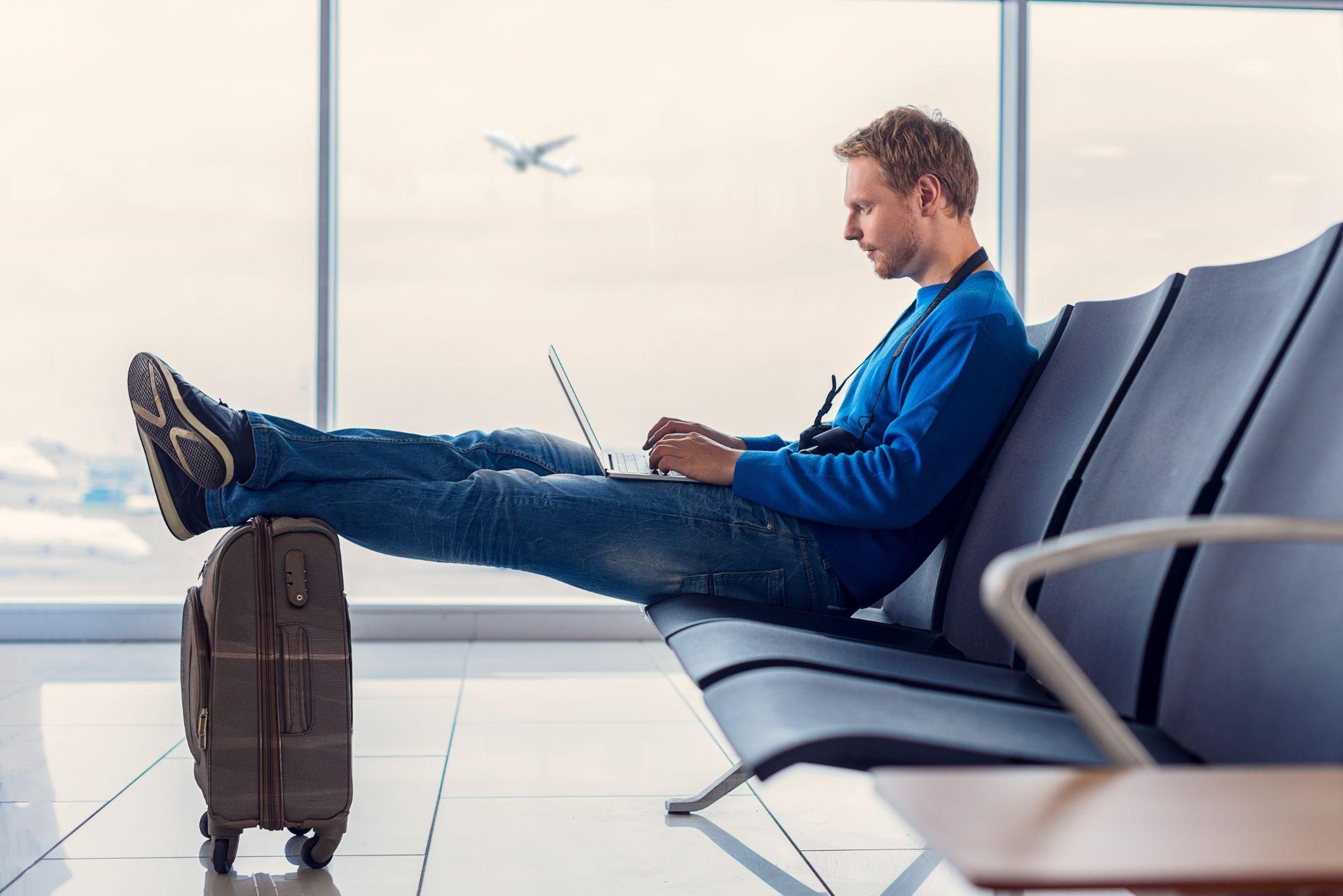
When it comes to travelling, there are some things that are essential. Passport, luggage, and VPN software. Not everyone makes VPN software a priority during their travels, however, it is crucial.
It’s important to use a VPN while travelling. There are several reasons for this. Not only will it keep your devices private, but it will also keep them secure. It can also help you to bypass any internet censorship.
When travelling, installing VPN software might not be at the top of many people’s priority lists. However, it definitely should be. It is arguably one of the most important elements you need to have at the ready if you are travelling.
Privacy and Security During Your Travels
When you are travelling, you want to be sure that your devices are secure and locked away from any prying eyes. We can be at our most vulnerable while we are abroad, and cybercriminals know this.
We will be in unfamiliar areas, surrounded by strangers who might be speaking a foreign language. If you get caught out abroad, you could be in huge trouble. There might not be anyone you can call to help you out either.
The problem with technology is the ease of access. We can store everything on our devices. From passports to banking details and flight tickets. If our devices are breached, we are at risk of losing all of this information.
Our devices are even more at risk when we are in foreign countries though. We are essentially left with no choice but to use public WiFi hotspots. These unsecured networks can be the ideal place where cybercriminals lurk to identify their victims and commit their crimes.
It is crucial that you avoid using these, however, if you absolutely need to use one, you always need to have your VPN software activated to keep your devices safe on the unsecured network.
Public WiFi hotspots found in airports, cafe’s and even hotels are the prime areas where cybercriminals target their victims. They understand that foreigners will have no choice but to use these WiFi hotspots to get internet access.
Once a cybercriminal has breached your security they have several options to choose from. They can use your information to commit fraud or identity theft. They can even lock you out of your accounts and demand a fee for your login credentials to be released.
The worst place that this could happen to us is while we are abroad. We have no friends who can help us, no access to bank accounts, and the potential to lose contact with our friends and family back home.
Bypassing Censorship
Many countries also make use of internet censorship. This can be frustrating for travellers who want to keep up with international news or scroll through their favourite social media websites.
There are several countries that make use of internet censorship, and they all have their own reasons for doing so. However, you can use a VPN to bypass this censorship and regains access to your favourite websites.
One such example is China. China is a country that has a lot of internet censorship. Anything from foreign news websites to social media has been banned by the Chinese government, and can only be accessed by using VPN software.
How to Install VPN Software
VPN software is easy to download and install. There is a large variety of VPNs to choose from, some are free and others require a monthly subscription. However, each one is unique in what it features.
It is crucial that you install your VPN software before you travel. This is especially important if you are going to a country that has internet censorship in place. Most of the time, these countries will block VPN websites, so you will not be able to download the software once you are in the country.
You should also test the software before you travel. You need to ensure that the software is working properly before going abroad. Do this by activating the VPN, changing your location and loading up a few different websites. This will also give you a good idea of how fast the VPN is.
Additional Tips For Staying Safe Abroad
While VPN software is highly recommended as a cybersecurity tool, it is always best to have more than one security measure in place. If you find yourself in a scenario where your security has been breached, then you must have a second line of defence in place.
Antivirus software is highly recommended. This software will pick up any suspicious activity or downloads that have taken place on your device. It can easily detect malicious programs such as viruses, spyware and ransomware.
Good antivirus software can also warn you if you visit potentially suspicious and unsecure websites. This will help you to identify if your device is at risk of a cyberattack.

